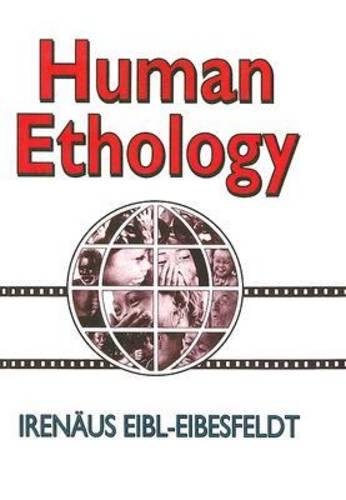

Most ebook files are in PDF format, so you can easily read them using various software such as Foxit Reader or directly on the Google Chrome browser.
Some ebook files are released by publishers in other formats such as .awz, .mobi, .epub, .fb2, etc. You may need to install specific software to read these formats on mobile/PC, such as Calibre.
Please read the tutorial at this link. https://ebooknice.com/page/post?id=faq
We offer FREE conversion to the popular formats you request; however, this may take some time. Therefore, right after payment, please email us, and we will try to provide the service as quickly as possible.
For some exceptional file formats or broken links (if any), please refrain from opening any disputes. Instead, email us first, and we will try to assist within a maximum of 6 hours.
EbookNice Team

Status:
Available4.6
9 reviewsWith the discovery of conditioned reflexes by I. P. Pavlov, the possibilities for experimenting, following the example set by the classical, exact sciences, were made available to the behavioral sciences. Many psychologists hoped that the component parts of behavior had also been found from which the entire, multifaceted cosmos of behavior could then be constructed. An experimentally oriented psychology subsequently developed including the influential school of behaviorism.
This first text on human ethology presents itself as a unified work, even though not every area could be treated with equal depth. For example, a branch of ethology has developed in the past decade which places particular emphasis on ecology and population genetics. This field, known as sociobiology, has enriched discussion beyond the boundaries of behavioral biology through its stimulating, and often provocative, theses.
After vigorous debates between behaviorists, anthropologists, and sociologists, we have entered a period of exchange of thoughts and a mutual approach, which in many instances has led to cooperative projects of researchers from different disciplines. This work offers a biological point of view for discussion and includes data from the author's cross-cultural work and research from the staff of his institute. It confirms, above all else, the astonishing unity of mankind and paints a basically positive picture of how we are moved by the same passions, jealousies, friendliness, and active curiosity.
The need to understand ourselves has never been as great as it is today. An ideologically torn humanity struggles for its survival. Our species, does not know how it should compensate its workers, and it experiments with various economic systems, constitutions, and forms of government. It struggles for freedom and stumbles into newer conflicts. Population growth is apparently completely out of hand, and at the same time many resources are being depleted. We must consider our existence rat